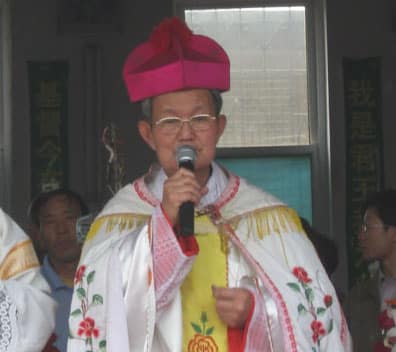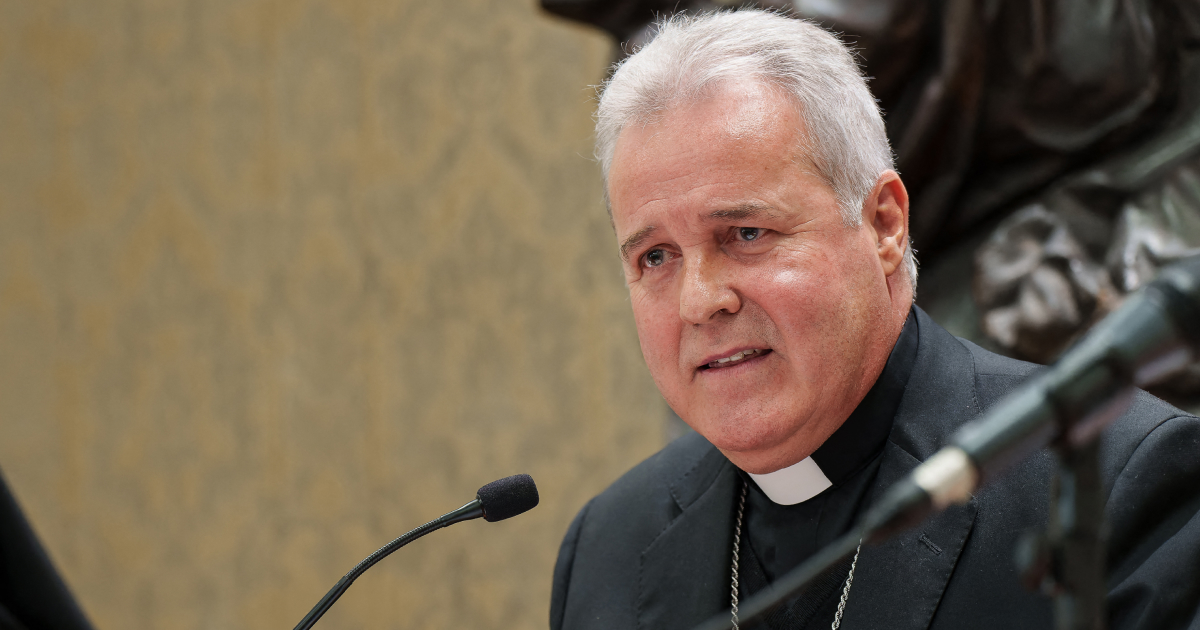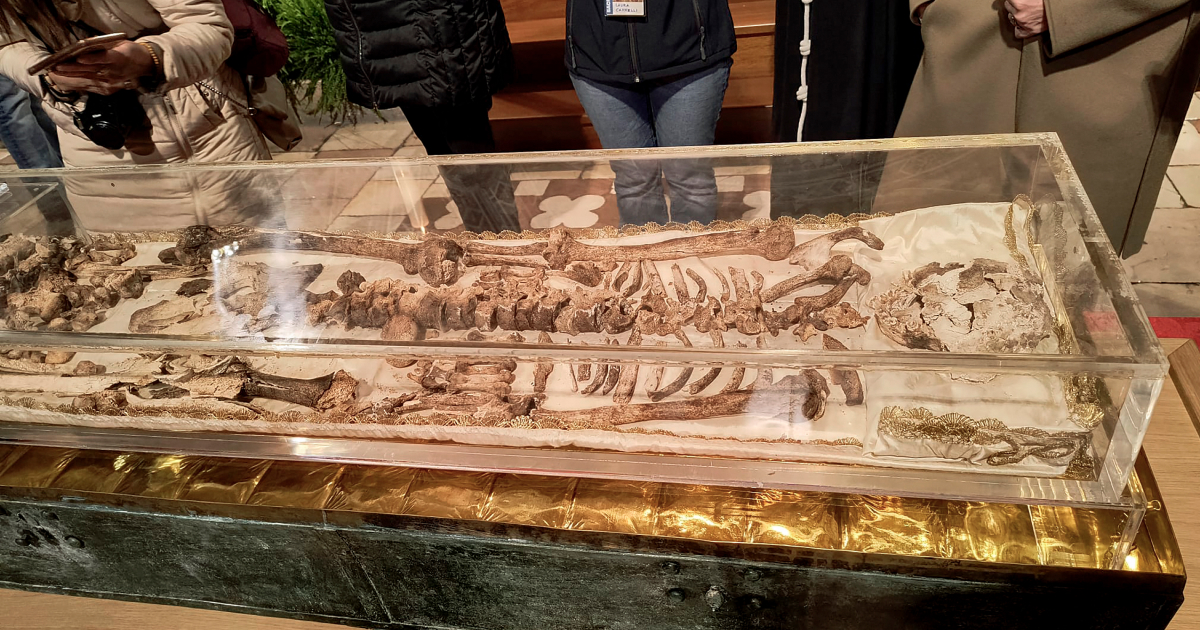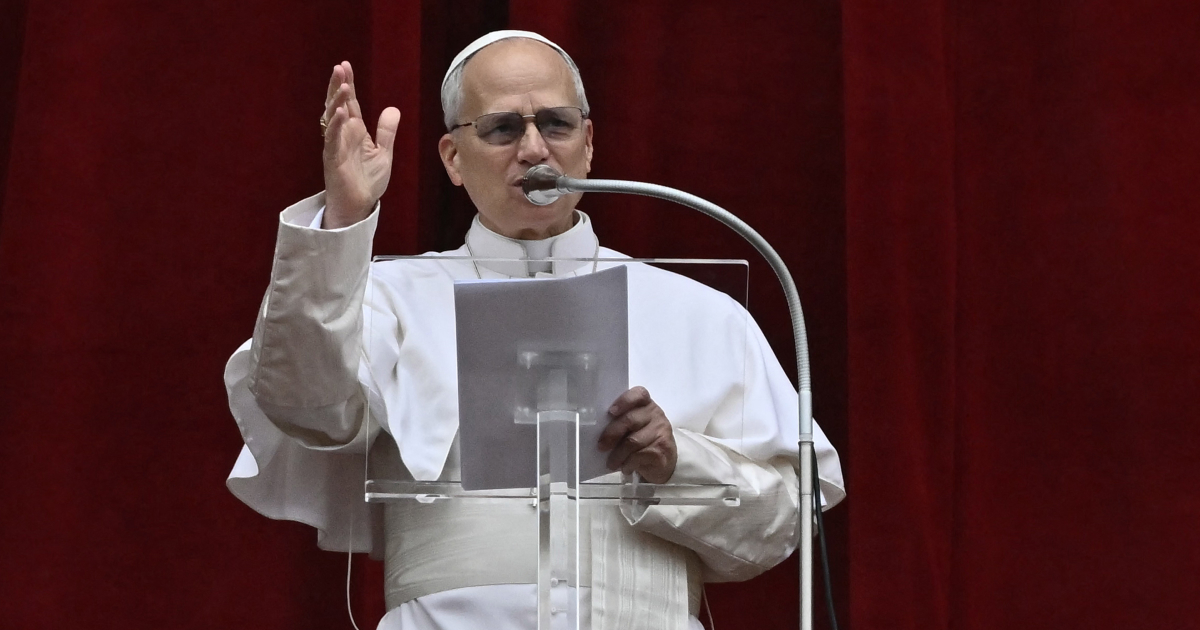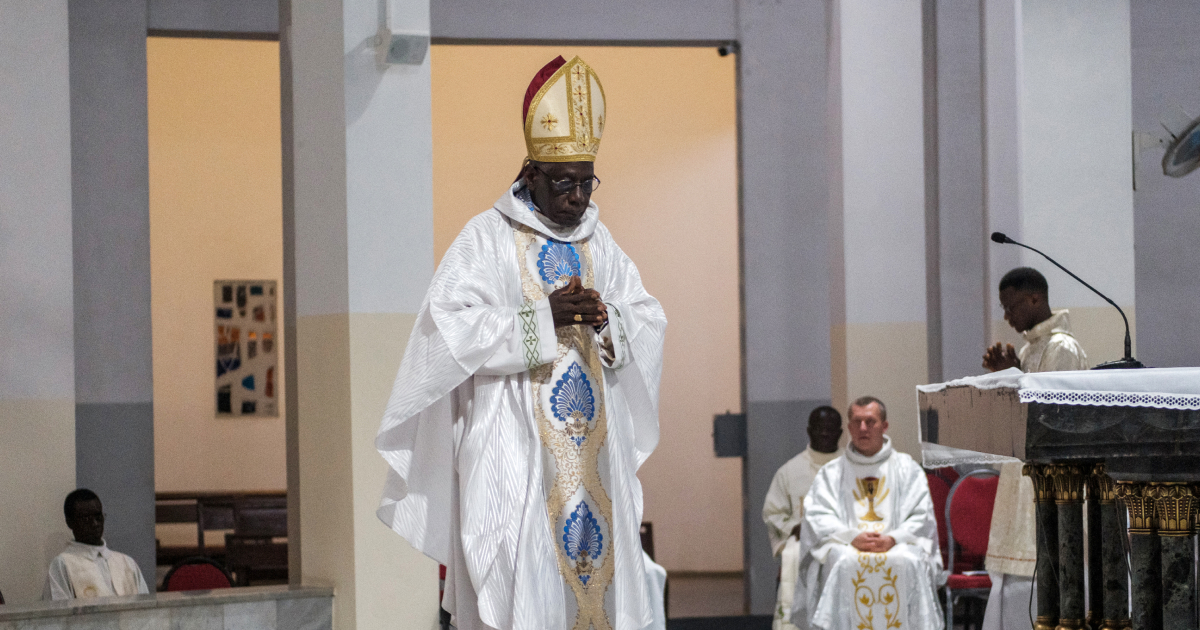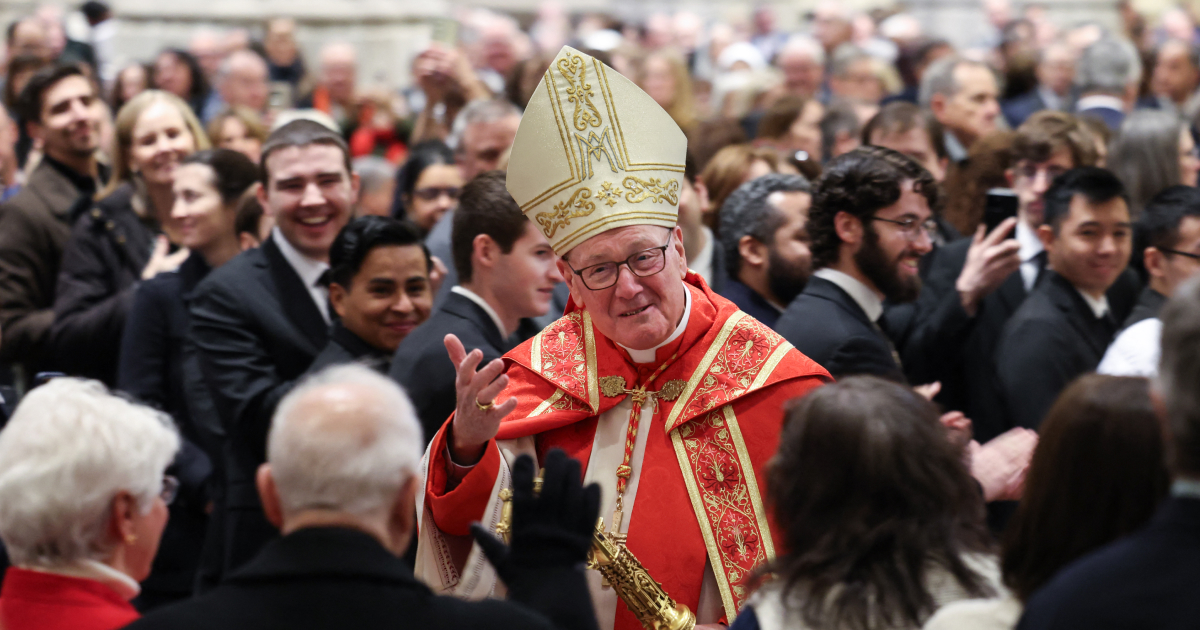Beijing has officially – and finally – recognised a 95-year-old prelate as the bishop of the northern diocese of Tianjin.
The bishop had previously been subject to long periods in jail and under house arrest for his refusal to join the government-sponsored church body that is the Chinese Patriotic Catholic Association (CPCA).
Bishop Melchiorre Shi Honghzen was recognised by the government in a ceremony in a local hotel rather than in Tianjin cathedral – reportedly by Shi’s choice – in a sign of the essentially civil rather than ecclesiastical nature of the act.
The diocese, which numbers some 56,000 Catholics, has lacked a bishop accepted by both Church and State since 2005.
A statement from the Vatican Press Office on 28 August said that the development “constitutes a positive fruit of the dialogue developed over the years between the Holy See and the Chinese government".
The recognition of Shi, who was named the coadjutor bishop of Tianjin in 1982 and who succeeded to the bishop’s position in 2019, comes just weeks ahead of what is widely expected to be the renewal of a provisional agreement between Rome and Beijing over the appointment of bishops that was first reached in 2018.
The timing of the bishop’s recognition coming so close to the potential renewal of the provisional agreement may undermine the argument of those who wish to present Shi's recognition as a genuine victory for Pope Francis’s China policy.
Media reports suggest that during the ceremony, Shi was required to swear “to uphold the national constitution, to protect the unity and social harmony of China, to love both country and church and to always uphold the direction of Sinicization of Catholicism in China”.
“Sinicization” is a term referring to the assimilation of non-Chinese societies or groups into Chinese culture. It’s generated controversy among critics, including retired Cardinal Joseph Zen of Hong Kong, who see it as a smokescreen for the government to exercise control over the Church.
Asia News, a Catholic media outlet which has specialised in coverage of the Church in China, noted on 27 August that the future of the Tianjin diocese may remain uncertain despite the belated recognition of Shi, because there was no appointment made for a coadjutor bishop to assist the 95-year-old.
Two years ago, Italian Archbishop Claudio Maria Celli, a veteran Vatican diplomat who’s long been involved in Sino-Vatican relations, was able to visit Shi during a trip related to a previous renewal of the Rome-Beijing agreement.
At the time, Celli presented Shi with a pectoral cross in the name of Pope Francis, which was taken as a sign of the Pope’s recognition of his episcopal status.
According to Chinese media, the recognition ceremony took place in the presence of Bishop Joseph Li Shan of Beijing, head of the government-sponsored CPCA that oversees Catholic affairs in China.
Li was appointed to his post by the government and then obtained recognition from Pope Benedict XVI.
In an interview earlier this month with the Jesuits from the Chinese Province, Pope Francis expressed his desire to visit China and also voiced admiration for the Church in China and accompanying culture.
The Pope described Chinese Catholics are a “faithful people who have gone through so much and remained faithful".
He also described the Chinese as being “masters of patience, masters of waiting” who do not lose hope.
“It’s a very beautiful thing,” the Pope said.
RELATED: Is Cardinal Zen a bargaining chip for Beijing in Vatican deal?
Photo: Bishop Melchiorre Shi Honghzen (detail). (Credit: Wikimedia Commons.)
Beijing has officially – and finally – recognised a 95-year-old prelate as the bishop of the northern diocese of Tianjin.
The bishop had previously been subject to long periods in jail and under house arrest for his refusal to join the government-sponsored church body that is the Chinese Patriotic Catholic Association (CPCA).
Bishop Melchiorre Shi Honghzen was recognised by the government in a ceremony in a local hotel rather than in Tianjin cathedral – reportedly by Shi’s choice – in a sign of the essentially civil rather than ecclesiastical nature of the act.
The diocese, which numbers some 56,000 Catholics, has lacked a bishop accepted by both Church and State since 2005.
A statement from the Vatican Press Office on 28 August said that the development “constitutes a positive fruit of the dialogue developed over the years between the Holy See and the Chinese government".
The recognition of Shi, who was named the coadjutor bishop of Tianjin in 1982 and who succeeded to the bishop’s position in 2019, comes just weeks ahead of what is widely expected to be the renewal of a provisional agreement between Rome and Beijing over the appointment of bishops that was first reached in 2018.
The timing of the bishop’s recognition coming so close to the potential renewal of the provisional agreement may undermine the argument of those who wish to present Shi's recognition as a genuine victory for Pope Francis’s China policy.
Media reports suggest that during the ceremony, Shi was required to swear “to uphold the national constitution, to protect the unity and social harmony of China, to love both country and church and to always uphold the direction of Sinicization of Catholicism in China”.
“Sinicization” is a term referring to the assimilation of non-Chinese societies or groups into Chinese culture. It’s generated controversy among critics, including retired Cardinal Joseph Zen of Hong Kong, who see it as a smokescreen for the government to exercise control over the Church.
<em>Asia News</em>, a Catholic media outlet which has specialised in coverage of the Church in China, noted on 27 August that the future of the Tianjin diocese may remain uncertain despite the belated recognition of Shi, because there was no appointment made for a coadjutor bishop to assist the 95-year-old.
Two years ago, Italian Archbishop Claudio Maria Celli, a veteran Vatican diplomat who’s long been involved in Sino-Vatican relations, was able to visit Shi during a trip related to a previous renewal of the Rome-Beijing agreement.
At the time, Celli presented Shi with a pectoral cross in the name of Pope Francis, which was taken as a sign of the Pope’s recognition of his episcopal status.
According to Chinese media, the recognition ceremony took place in the presence of Bishop Joseph Li Shan of Beijing, head of the government-sponsored CPCA that oversees Catholic affairs in China.
Li was appointed to his post by the government and then obtained recognition from Pope Benedict XVI.
In an interview earlier this month with the Jesuits from the Chinese Province, Pope Francis expressed his desire to visit China and also voiced admiration for the Church in China and accompanying culture.
The Pope described Chinese Catholics are a “faithful people who have gone through so much and remained faithful".
He also described the Chinese as being “masters of patience, masters of waiting” who do not lose hope.
“It’s a very beautiful thing,” the Pope said. <br><br><strong><em>RELATED: <a href="https://catholicherald.co.uk/is-cardinal-zen-a-bargaining-chip-for-beijing-in-vatican-deal/"><mark style="background-color:rgba(0, 0, 0, 0)" class="has-inline-color has-vivid-cyan-blue-color">Is Cardinal Zen a bargaining chip for Beijing in Vatican deal?</mark></a></em></strong><br><br><em>Photo: Bishop Melchiorre Shi Honghzen (detail). (Credit: <a href="https://commons.wikimedia.org/wiki/File:BishopMelchiorShi.jpg"><mark style="background-color:rgba(0, 0, 0, 0)" class="has-inline-color has-vivid-cyan-blue-color">Wikimedia Commons</mark></a>.)</em>






